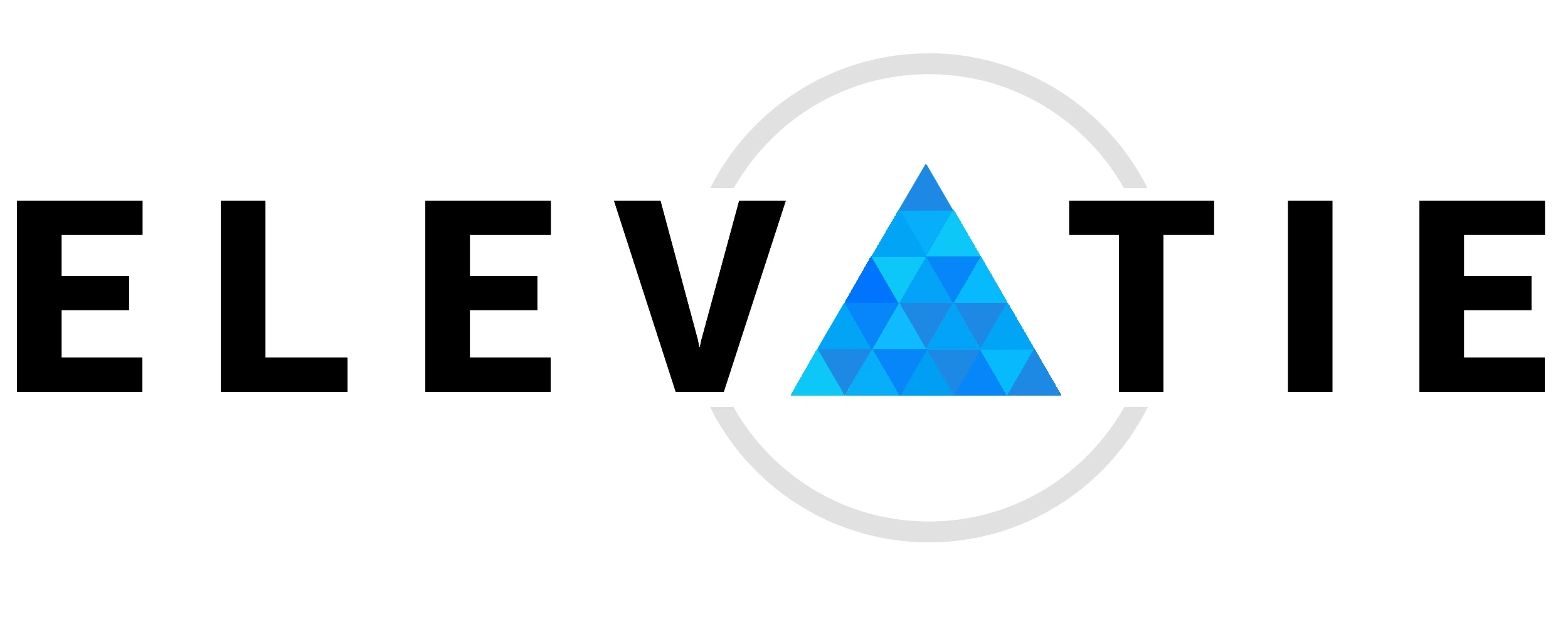
04 Apr Why Google Reviews matter
Google is establishing itself as a review giant of the internet! Google is increasingly gaining more momentum and user activity compared to other review platforms. Yelp’s reputation was once prosperous and is still a very well established platform. But according to a recent study done by Brightlocal they are slowing down. Now Yelp and TripAdvisor is trailing behind and its important for business owners to notice these changes.
How did Google surpass these review platforms? What is the reason behind this trend? Does the other review platform still affect business owners?
There are a few factors that have given Google the advantage:
Google has leveraged & invested in mobile
Research has found that more than ever people are accessing the internet on mobile devices instead of desktops. StatCounter tracked internet users for a year between 2016 and 2017. Studies found that mobile Internet usage overtook desktop usage. As an owner of an iPhone that powers millions of mobile devices, Google has been able to capitalize on the rise of mobile usage. Most smartphones come equipped with Google Maps pre-installed. I installed Google maps on my iPhone. Even with Android users, Google Maps is the obvious choice for searching for local businesses for millions of users. Google taps into that large user base for both dominating mobile devices.
GPS triggered review request on Google Maps
When someone locates and visits a spot using Google Maps, the app remembers and triggers a prompt based off of GPS coordinates. This on-screen prompt then invites the user to rate the business that they were at, right from their smartphone. Google is leveraging mobile location tracking to make leaving a review extremely easy! While other review platforms rely on consumers to intentionally open their app or site and leave a review, which requires more effort and thought.
Local Google Guides writing reviews
The Google Local Guides program incentivizes users by giving them points that can be redeemed for benefits when they contribute to business listings. Local guides can contribute to a business listing by the means of providing reviews, photos, suggestions, etc… By pairing this program with their huge user base of Smartphone users, Google Maps has fresh user-generated content that is relevant and useful to consumers.
Google’s search algorithm places Google Maps at the top of search results in what we call the “MapPack”. The algorithm places businesses in this map pack where it can affect your local SEO. Having a good number of healthy reviews and a great star rating is bound to attract more customers to your door. Google Maps receives search traffic that previously would have gone towards a review site, and it pushes other search results further down the page, where they will get clicked on far less.
Yelp’s business model is becoming more aggressive
In a recent blog post about Yelp’s effort to stop companies that solicit reviews. Yelp has made greater attempts to prevent fake reviews and companies that are inviting users to leave reviews. The mysterious workings of its algorithms have left a lot of business owners baffled about how reviews are screened and how rankings operate. Most business owners we’ve talked to felt that Yelp is in it to promote negative reviews. It has become extremely difficult to leave a review on Yelp. According to research 25 percent of all reviews posted on Yelp are weeded out. This means that some authentic reviews are being eliminated alongside suspect ones. As a result, Yelp has depressed its own numbers.
With Google as a fast-growing review platform and picking up speed, how do business owners respond to the changing local review landscape?
Claim your listing on Google Maps
When a business listing appears on Google Maps, it may have been submitted by a consumer or even a competitor. All the accompanying information may not be accurate. After you claim your listing, you become the admin for it.
Managing your Google Business listing and maintaining it
Most business owners may not know the implications of updating their information regularly on Google. If you want to update hours for holidays, move, or change hours, you’ll want to modify your listing. So you don’t miss out on prospective customers and mislead customers. You’ll also want to check to make sure that your business appears in the right vertical and that you have appropriately categorized the industries and services that you provide. You can add logos, create posts, and photos, too. According to Google, businesses with photos receive 42 percent more requests for driving directions and 35 percent more clicks through to their websites from Google users than businesses without photos.
Read and respond to Google reviews
Over 80 percent of consumers now expect a business to reply to what they say online. With Google rapidly gaining speed as the go-to review platform, it’s imperative that you must stay on top of Google reviews. Fortunately, for businesses, they have a few options for replying quickly. Notifications are usually sent to the business owners through verified listing, notifying them of new reviews that have been left and analytics. Or if you have multiple storefronts to oversee, you can an affordable platform like Elevatie which will let you monitor and respond to Google and other review sites in real-time from within the dashboard.
Given that Google reviews are growing rapidly like a hockey stick model, business owners need to make sure that they are claiming and verifying their Google Business listings, updating them for accuracy, and responding quickly to new reviews.
Learn More
Try a free trial to see how Elevatie’s efficient, mobile process can help your business collect 20x more reviews than traditional platforms. This will, in turn, improve local SEO and ultimately boost revenues.





